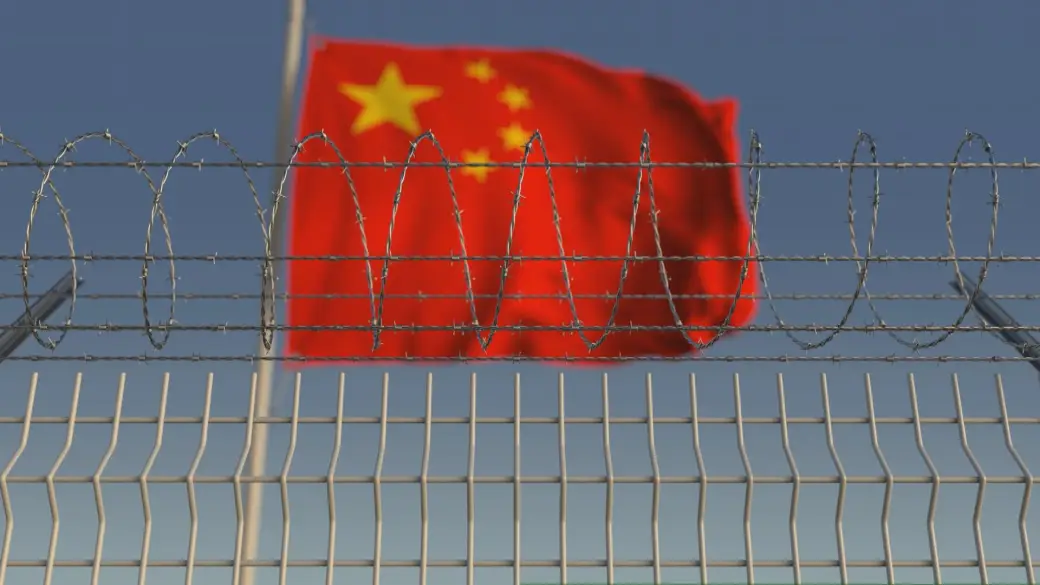- Dong Yunhu, who was once responsible for spreading China’s official position on human rights, is accused of corruption stretching back to 1999
- Dong, who went on to become head of Shanghai’s legislature, was placed under investigation last year and indicted in Anhui province on Wednesday
A former Chinese propaganda chief who was responsible for promoting its official line on Tibet and human rights is facing bribery charges, prosecutors said on Wednesday.
Dong Yunhu, who later became Shanghai’s top legislator, was indicted in Hefei, a city in Anhui province, according to an announcement published on the website of the Supreme People’s Procuratorate.
He was first placed under investigation for suspected corruption in July last year, making him the first ministerial level official to be purged after a major Communist Party reshuffle at the 20th party congress in October 2022.
Do you have questions about the biggest topics and trends from around the world? Get the answers with SCMP Knowledge, our new platform of curated content with explainers, FAQs, analyses and infographics brought to you by our award-winning team.
Chinese state media changes ‘Tibet’ to ‘Xizang’ after Beijing white paper
His alleged crimes date back to 1999, when he was in charge of planning and publicising Beijing’s official message on human rights and Tibetan affairs as the bureau chief at China’s State Council Information office, according to prosecutors.
The corruption is alleged to have continued in other leadership roles.
The indictment accused Dong, 61, of taking advantage of his positions to seek “undue benefits for others and illegally accept large amounts of property” although it did not say how much he is alleged to have taken in bribes.
He was trained as a philosopher and started his career at the Communist Party school, where he managed its School of Marxism and Human Rights Research Centre in the 1990s.
He has published several books on human rights, including a 2011 study of the history and functions of human rights centres in various countries, and co-authored a compilation of facts and statistics about Tibet in 2008.
Dong undertook a leadership role at China’s State Council information office in 1999 and had served as the office director for the China Society for Human Rights Studies, a state-led research body.
Hundreds of exiled Tibetans march in India asking China to leave Tibet
In 2011, he left Beijing to manage communication and propaganda work in the Tibet autonomous region. He went on to take up the same role in Shanghai in 2015, later becoming head of its legislative body.
For decades grievances about the treatment of ethnic minorities, including the Tibetans, have been a source of tension in China, although Beijing has steadily tightened its control over the region in recent years and clamped down on protests.
At the same time, Beijing has increasingly tried to promote the use of the Mandarin Chinese term “Xizang” in its English language messaging about the region, partly because if sees the name “Tibet” as being linked to the region’s exiled spiritual leader the Dalai Lama.

